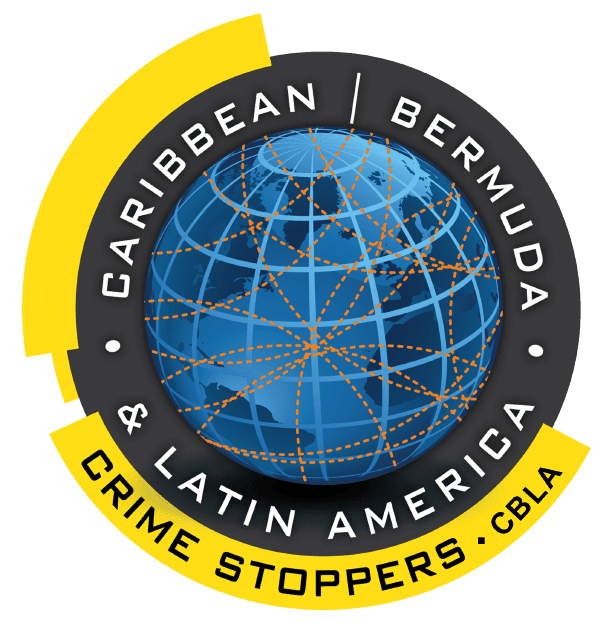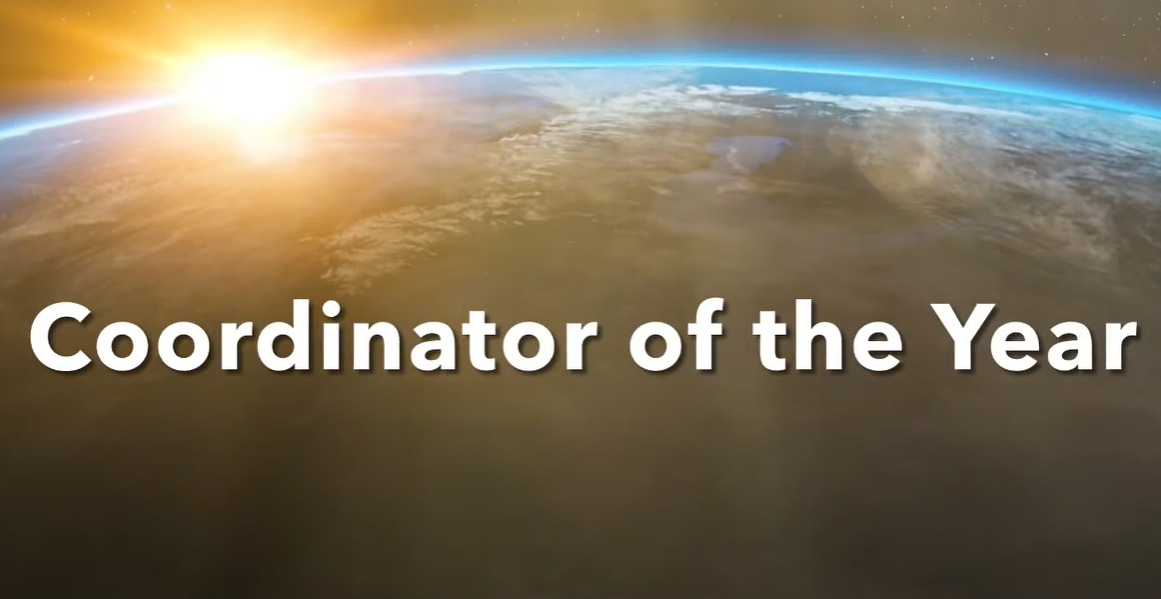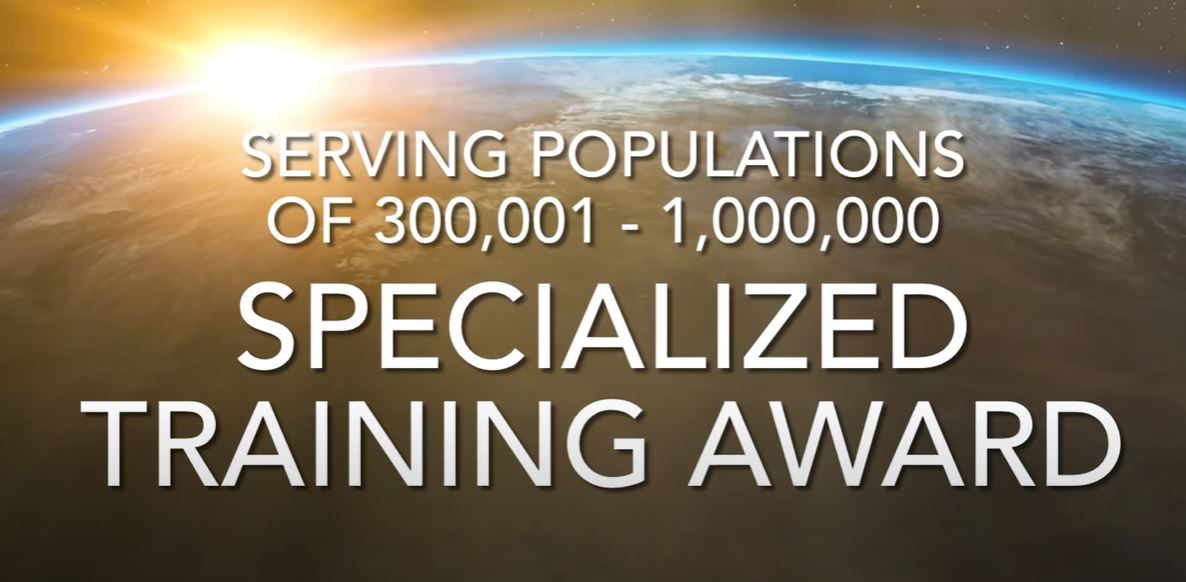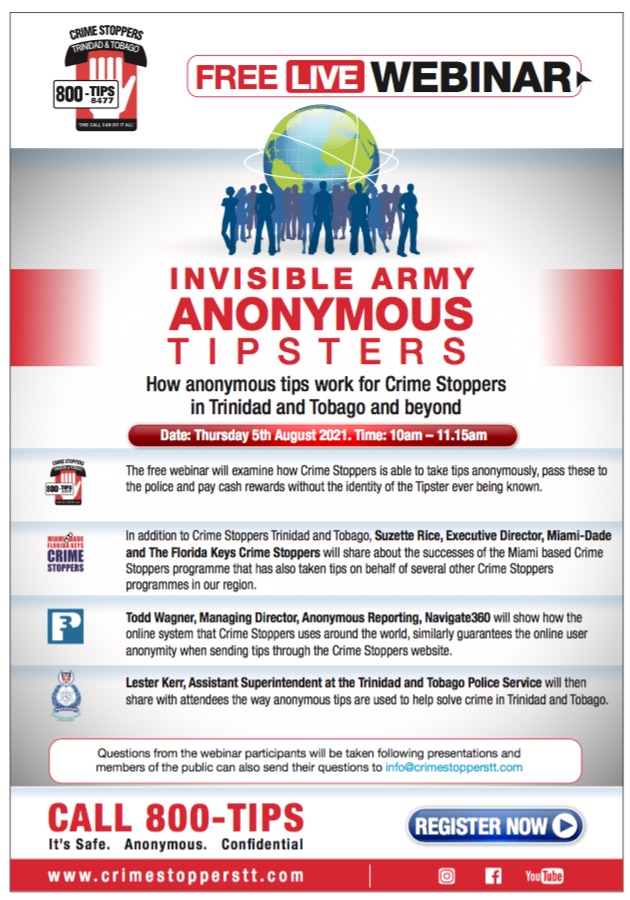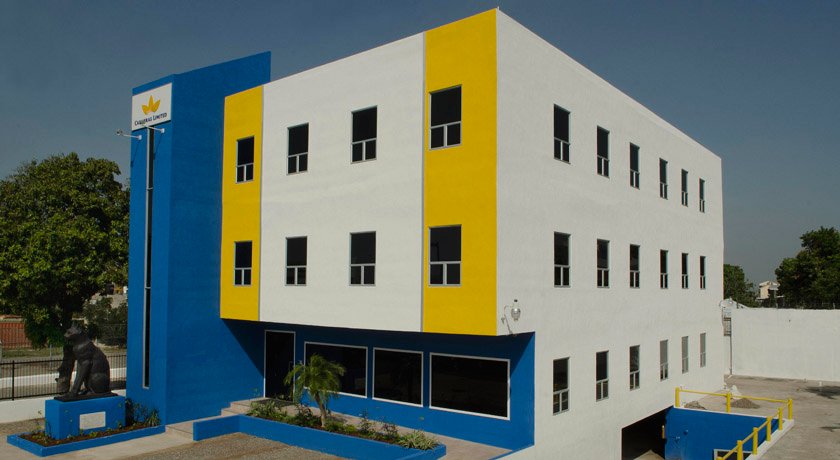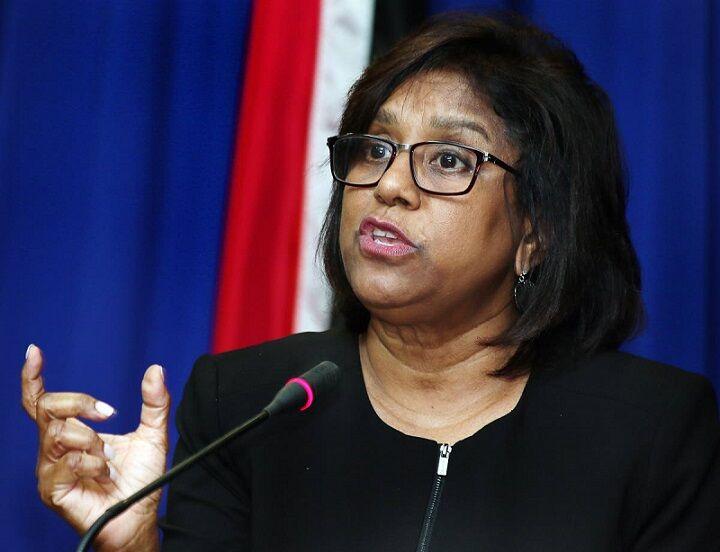Panama, due to its geographical position, is a country that attracts organized crime, which has mutated into health products through COVID-19.
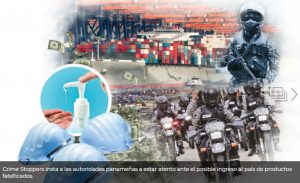
The world’s criminal organizations have mutated their operations towards the illegal trafficking of health products used to combat COVID-19, which led the International Criminal Police Organization (Interpol) to seize more than 34,000 counterfeit masks from end of March and involving more than 90 countries.
Trade regions of Asia, Europe and Central America were involved in the operation that led to the seizure of these health products, valued more than 14 million dollars.
Panama, as a logistics hub and world transit hub, does not escape from the reality of being affected by this type of illegal trade that is taking advantage or could take advantage of the pandemic to carry out its illegal activities.
Given this, Alejo Campos, Regional Director of Crime Stoppers, an organization that is dedicated of promoting the culture of anonymous reporting worldwide and that works hand by hand with the Panama Public Security Ministry, indicated that up to date no data has been reported that these criminal organizations that are carrying out this type of illegal trade have penetrated our country.
Despite this, the expert said that much attention must be paid to the issue, this being an international logistics hub for trade and a country of financial services, which obviously organized crime is going to want to continue using to activate its economy.
“34,000 counterfeit masks were recently seized by Interpol.
$ 14 million was the value of the merchandise seized, all health products. ”
“The network of ports, airports and free zones that work in Panama for licit trade is also used by organized crime, something that worries our organization and has led us to generate these alerts,” said the regional director, who urges these organizations to generate protocols to avoid this situation.
Campos added that, although these protocols are for when the pandemic passes, currently Panama and other countries in the world are vulnerable to this type of illegal trade, since the health emergency means that fewer personnel are aware of the issue and that controls are less rigorous, something that worries a lot.
According to Campos, criminal organizations have been taking advantage of the fact that the companies that manufacture this type of health products were not prepared for the great demand that has been caused by the COVID-19 pandemic.
Something that is being exploited by illegal pharmaceutical companies for their illicit trade, as well as to relabel expired products and put them back on the market.
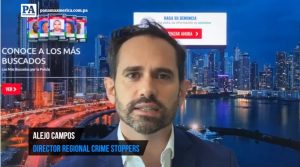
Faced with this, Campos indicated that people, both from the Government and individuals, who are dedicated to acquiring this type of products, must be vigilant so that they are not penetrated by these criminal organizations.
Recently, the World Health Organization (WHO) called on countries in the region to be vigilant about the creation of health products that are being counterfeited.
The regional director of Crime Stoppers assured that many of these counterfeit products are sold through the Internet, this to take advantage of the fact that by quarantine some physical points of sale are closed, something that is being taken advantage of by these criminal organizations.
Campos indicated that there have been cases in Asia where, supposedly, people were selling products contaminated with the virus on the Internet, this to generate some damage.
You have to be vigilant.
Given the concern raised by Crime Stoppers, Rodolfo Samuda, technical deputy director of the National Customs Authority, indicated that as an institution aware of its regulatory role, it has strengthened international communication and cooperation with its counterparts, in order to guarantee that the goods entering the country meet all applicable originality requirements.
Samunda added that in the same way it has been coordinating with the corresponding entities for the detection and traceability of products, if any irregularity is registered.
Customs reports that to date, the entry of allegedly counterfeit products has not been detected in any of the ports, however, all the alarms activated in its risk analysis system remain.
journalist Luis Ávila lavila@epasa.com Panamá América
